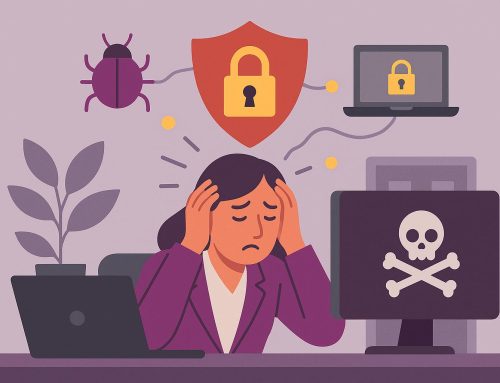When analysing the findings of our recent Pro Drive customer survey, reaching out to all technology users at our clients, a common theme emerged very quickly – the biggest frustration people had was the speed of their PCs. Whilst it was not a surprise to us that it featured in the survey, the fact it was top of the list of frustrations – and by some distance – was not expected.
So what can be done to speed up those lethargic computers? Unfortunately in the majority of cases, slow PCs are very often down to the device being old and / or below the specification required for how it is being used. There is no substitute to having a properly managed, rolling hardware upgrade programme. Building this into your annual budget also means there are no unexpected costs during the year. Remember slow PCs reduce the productivity of your staff so putting off replacements will not save you money!
In some cases there are other reasons for speed issues – let’s have a quick run through of the common ones:
Antivirus software: often we receive reports of speed issues when antivirus software is running scans. This is unfortunately a necessary evil and critical to security. Running the scans at less busy times of day can help reduce the impact and can going with software that drains less resource from the PC – BitDefender is our current favourite.
Malware: An infected PC will run slow – particularly if the malware on it is busy ‘locking’ all your files or harvesting personal information. If your PC suddenly becomes slow overnight, and your antivirus software is not running a scan – then it may well be infected. If so, run a virus scan.
Poorly written software: If you expect a sudden drop in performance it is worth remembering if you have recently installed any new software. Some new releases can contain bugs which affect computer performance or sometimes it is simply badly written. Remove the software, restart and see if things improve.
Networking issues: A PC can sometimes get stuck carrying out actions across a slow network connection or the internet. Disabling your wireless, removing network cables and resetting will help determine if this is the case.
Restarting: We often joke that the IT service technician’s first action when there is a problem is to restart the computer. But there is a good reason for this – it solves many issues! If the problem is persistent however, it is unlikely to be a permanent fix.
It can sometimes be possible to address speed issues where a PC is not up to scratch by upgrading the device – there are two upgrades which can make sense.
Memory: this is usually low cost (about £50), quick and easy to install and will often speed up PCs which suffer when server programs are open at once
Hard disk: the new generation of Solid State Hard Disks can have a bit improvement on PC performance and will also extend battery life in laptops. Whilst they cost relatively little (£50-100) they are more complex to install and configure. For old PCs this upgrade will probably not make financial sense and a new device with a Solid State Hard Disk built in would be a better bet.
Contact us if you would like to find out more.








